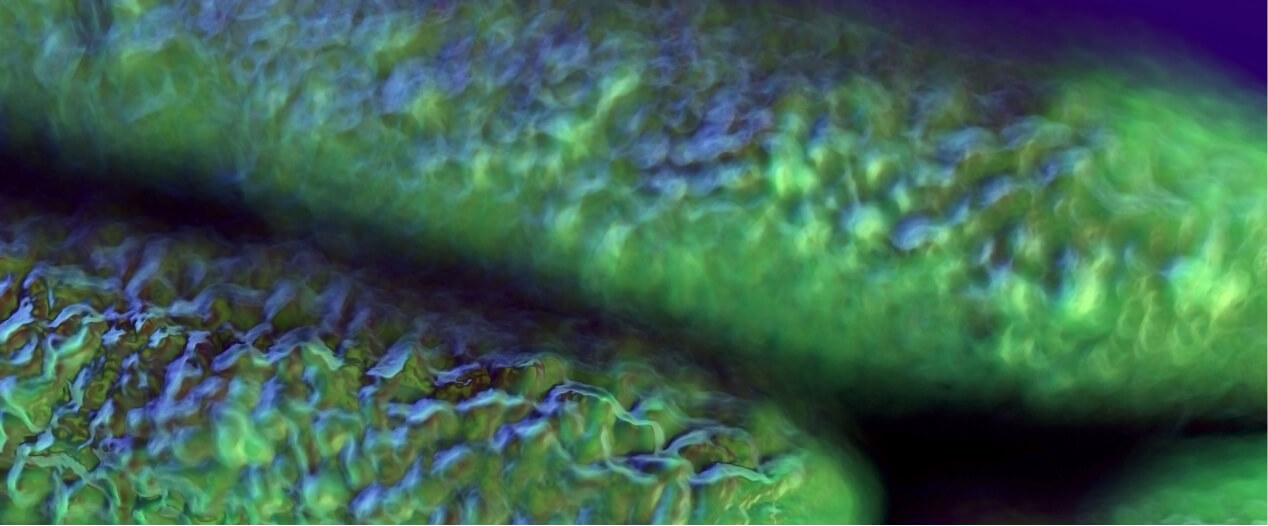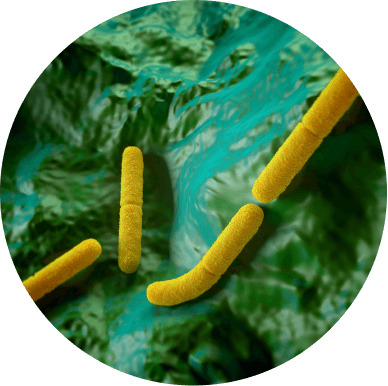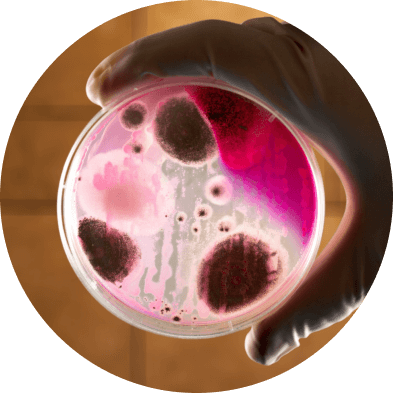Medical Counter Measures
Anti-toxins
There are currently no approved small molecule anti-toxin drugs for either Anthrax or BoNT/A and none are known to be in development. The Company is developing drugs for the treatment of Anthrax intoxication following exposure to Anthrax spores and botulism in humans caused by BoNT type A intoxication.
These small molecule drugs could be stockpiled in the Strategic National Stockpile (SNS) for rapid deployment in the event of a large-scale bioterror or military attack on the U.S. civilian (or military) population. Therefore, the primary market is the U.S. Government, although sale and distribution to allied governments could be considered. Both Anthrax and BoNT/A is a Category A threat agent. The risk of the use of a botulinum serotype A toxin in particular is increasing due to international manufacturing and a black market accompanying expanded commercial medical use of BoNT/A. Synthetic Biology (SynBio) advances also increase the risk of attack with an Advanced Agent, or genetically engineered biological weapon, that could exploit delivery of BoNT/A LC using a previously unknown artificially constructed infectious vector.

Botulinum

Botulinum neurotoxin Type A (BoNT/A) is the most potent and persistent protein toxin known. At very low doses, BoNT/A is a very useful therapeutic agent with constantly expanding medical indications. Access to BoNT/A for ethical pharmaceutical purposes is growing, with increasing international manufacturing, including in the USA, Canada, England, France, Germany, India, South Korea, Iran, and China. The significant and growing black market proves that criminal connections already exist to at least some of these producers. This is of particular concern since, at higher doses, BoNT/A is a “Pharmaceutical-Based Agent risk”. Additionally, it is a potentially devastating component of a Synthetic Biology “Advanced Agent” weapon. Its ease of production, transport, and delivery make it a significant threat as a bioterrorism and biowarfare weapon. BoNT/A is deliverable as an aerosol or in cold foods and beverages. BoNT/A is a CDC/NIAID Category A Biodefense Pathogen, one of twelve Top Priority Biological Threats for which the Department of Homeland Security has completed full Material Threat Determinations and Population Threat Assessments.
There is currently no approved small molecule BoNT/A anti-toxin therapeutic, and none are known to be in development. Hawaii Biotech is developing a drug for the treatment of botulism in humans caused by BoNT type A intoxication. This small molecule therapeutic would be suitable for acquisition into the Strategic National Stockpile (SNS) for rapid deployment in the event of a bioterror or military attack on the U.S. civilian (or military) population.
Hawaii Biotech has identified novel BoNT/A inhibitors with are druggable compounds and is in the process of demonstrating in vivo efficacy and safety in animal models. These inhibitors are being designed to mitigate both early and late-stage toxemia.

